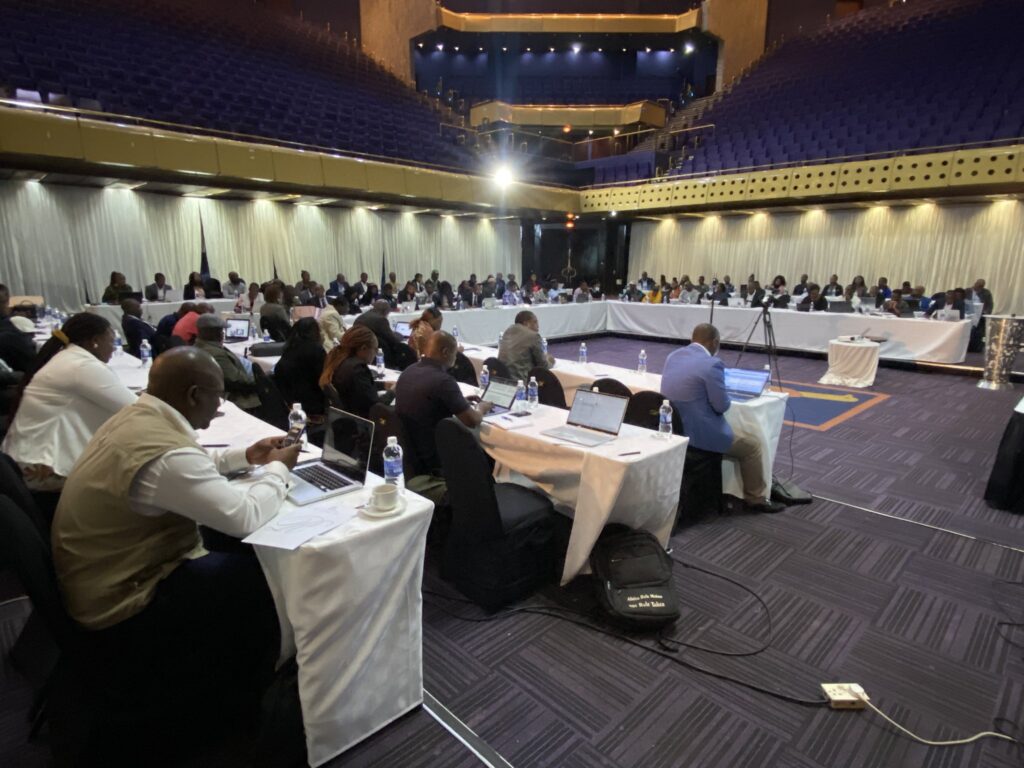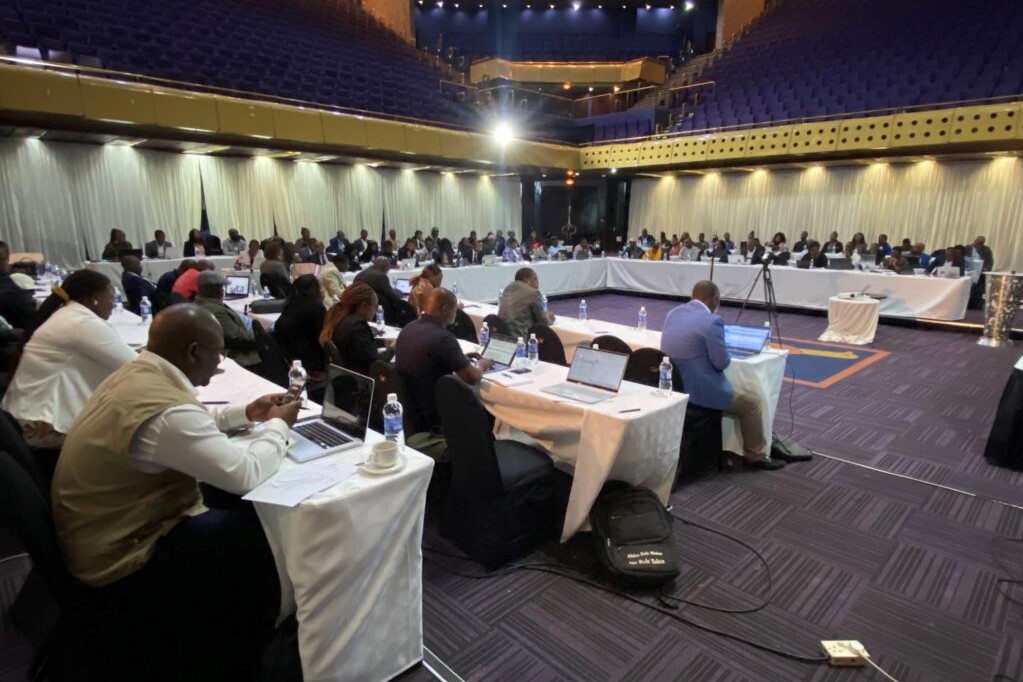
Zimbabwe’s debt burden has grown exponentially over the years from $700 million in 1980 to the current 23 billion dollars in 2023 which has led to the World Bank calling to place Zimbawe as a debt distressed country wihere debt has steadily grown from 48 percent of GDP in 2013 to an estimated 85% in 2022. It is argued that budgetary indiscipline and poor debt management are the main reasons for the current debt crisis and that external outflows of financial resources in the form of debt repayments have increased poverty and social inequality. Consequently, the poor especially youths, women and PWDs are adversely affected the most through failing to access public goods and services due to them and also servicing the same debts which they never had any input during their contraction. Zimbabwe is in arrears after failing to service its debts owed to multilateral financiers such as the Bretton woods institutions, Paris Club members, the African Development Bank, the World Bank, and the European Investment Bank. For a country, too much debt impairs the government’s ability to deliver essential services to its citizens.The conditions of these debts affect their current day-to-day lives and reduce their prospects for living happy fulfilling lives in the future. Some social and economic effects include challenges to accessing basic services such as health care, education, employment, increasing poverty, and Inequality. Public debt has generally caused socio-economic hardships which has further alienated the youth thereby leading them into anti-social traps such as drug and substance abuse and early marriages. For example through SI 139 of 2019 government conveted Its $US 10 billion dollars in domestic debt into local currency when it implemented the infamous one to one exchange rate which over night left people poorer than before since all their savings and pensions lost value and they were rendered poorer and contracted ailments they never had before such as blood pressure, depression and other mental health issues. Due to this, a sizeable number of youths failed to complete their education resulting in youths and other citizens to leave the country in droves into the diaspora as they seek better opportunities outside. Women and PWDs had challenges accessing health care and sanitation services. It is MAYA’s considered but respectable view that the debt conundrum is because government and related institutions are deliberately in violation of the Constitution ,the Public Finance Management Act , the Public Debt Management Act (22:21) and also Section 11(1) of the Reserve Bank Act [Chapter 22:15], which states that borrowing from the Reserve Bank of Zimbabwe (RBZ) shall not exceed 20% of the previous year’s government revenues at any given point. It is common knowledge that Government overdraft with the RBZ is far beyond the threshold. There is also SADC Protocol on Finance and Investment, which Zimbabwe is also bound by the SADC debt sustainability threshold. Annexe 2 of the protocol compels member states to maintain public debt to GDP ratio to levels at or below the 60%. Despite this provision, Zimbabwe set its debt to GDP ratio at 70% in violation of the regional benchmark. Despite having such comprehensive national and regional frameworks, it suffices to say that compliance with the legislative provisions, in particular, relating to loan acquisition and debt management, has generally been low. It is, therefore, not a secret that the bulk of Zimbabwe’s national debt was acquired without Parliamentary approval, a patently illegal position. in Zimbabwe, The Public Finance Management Act, The Public Debt Management Act and the Constitution of Zimbabwe (No. 20) of 2013 provide guidelines on borrowing in relation to grosss domestic product. The Minister of Finance and Economic Development is only allowed to exceed the statutory limit through a resolution of the National Assembly. Noting with special interest the ongoing Zimbabwe national Conference currently underway in Harare, MAYA hereby shares the following recommendations to delegates for consideration during their deliberations since senior government and public entities representatives are attending.
A comprehensive debt audit. Zimbabweans deserve to know how much they owe, to whom when the debt was contracted, and How much was received and used where?
Parliament must be encouraged to put the national interest before partisan polical considerations by playing iits oversight role and bring the executive to account regarding the national debt question.
Government of Zimbabwe must be reminded to follow the dictates of the Public Finance Act, Public Debt Management Act, and other legislation to protect public resources and promote a culture of transparency and accountability.
Engage our erstwhile creditors over some odious or illegitimate debts if the audit brings this to light.with a view to have such debts canceled forthwith.
Youth, women, and PWDS must be fully engaged in the debt question, and their inputs and concerns taken on board. Youth must actively participate since it is they who will pay the debt.

